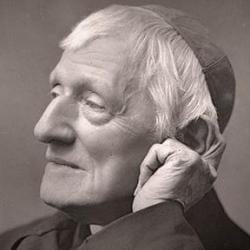From: The Collected Letters of C. S. Lewis, Vol. II: Books, Broadcasts, and the War, 1931-1949, edited by Walter Hooper, HarperSanFrancisco, 2004: (I assumed last night that I was talking to those who already believed). If I’d been speaking to those who didn’t, of course everything I’d said would be different. (To Patricia Thomson, 8 December 1941, pp. 499-500) * Many laymen who believe the Christian doctrines desire to hear them supported and expounded from the pulpit, and are disappointed when... Read more

















